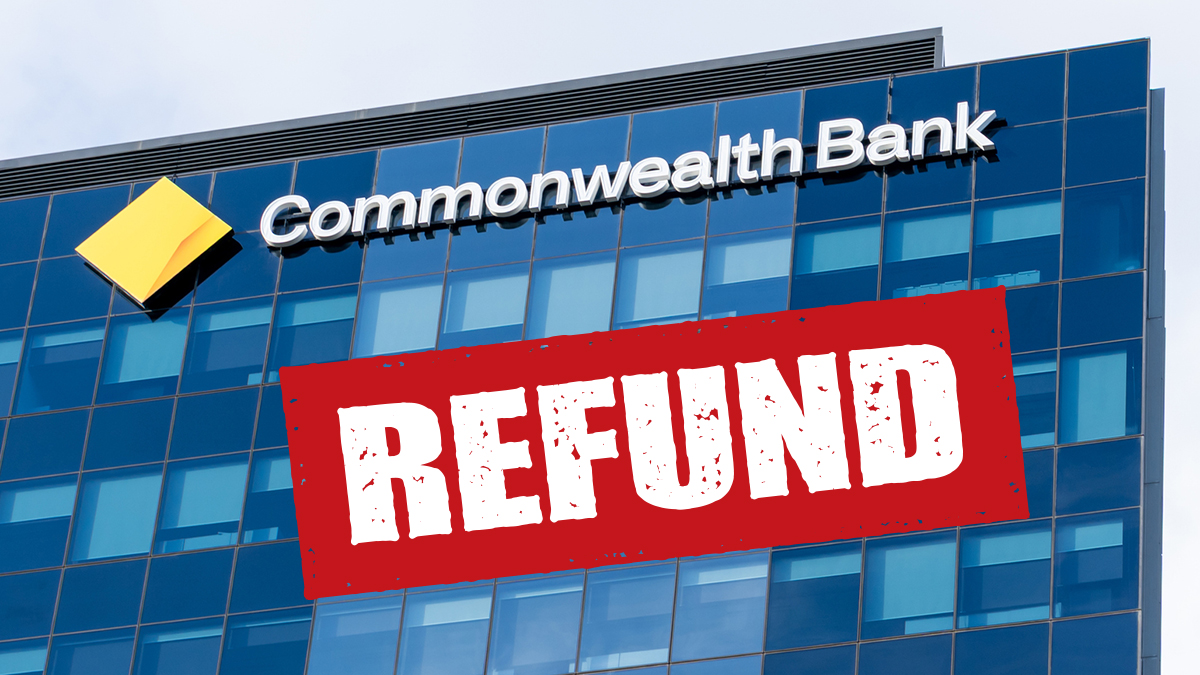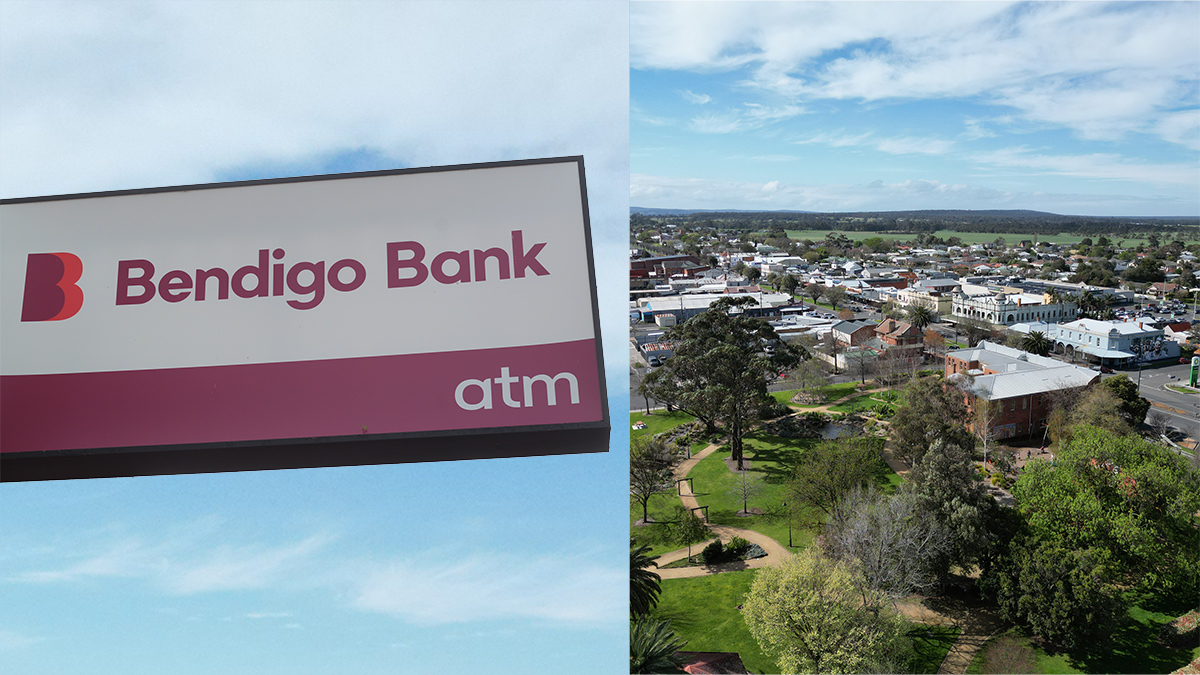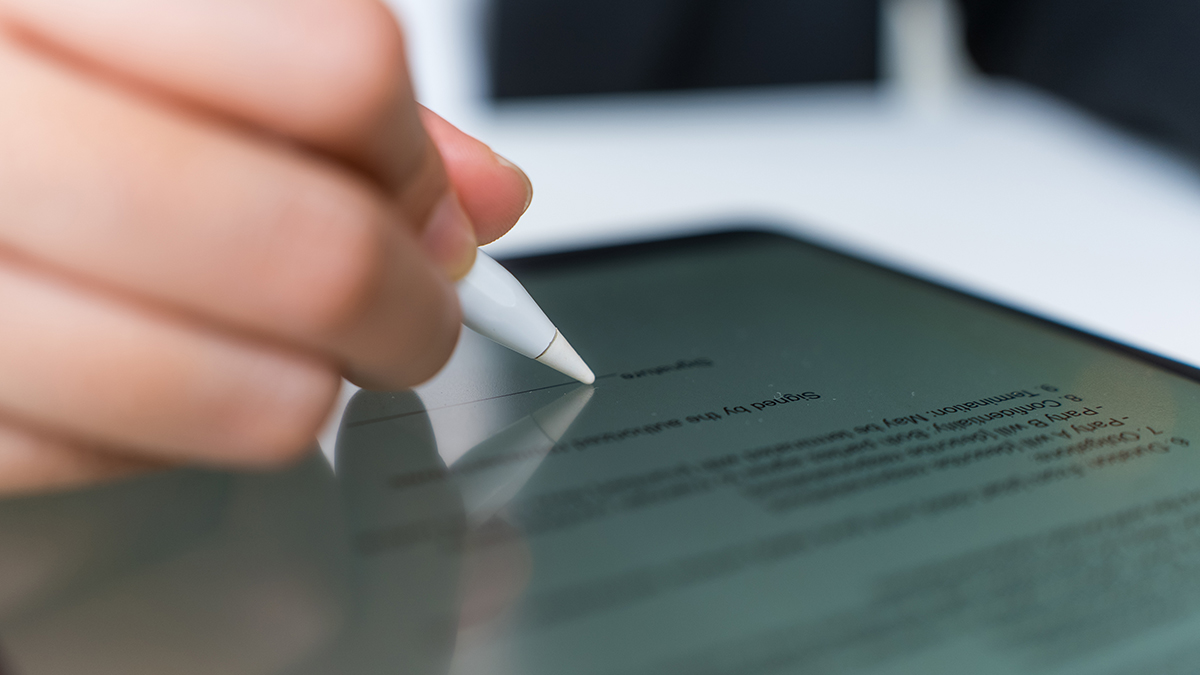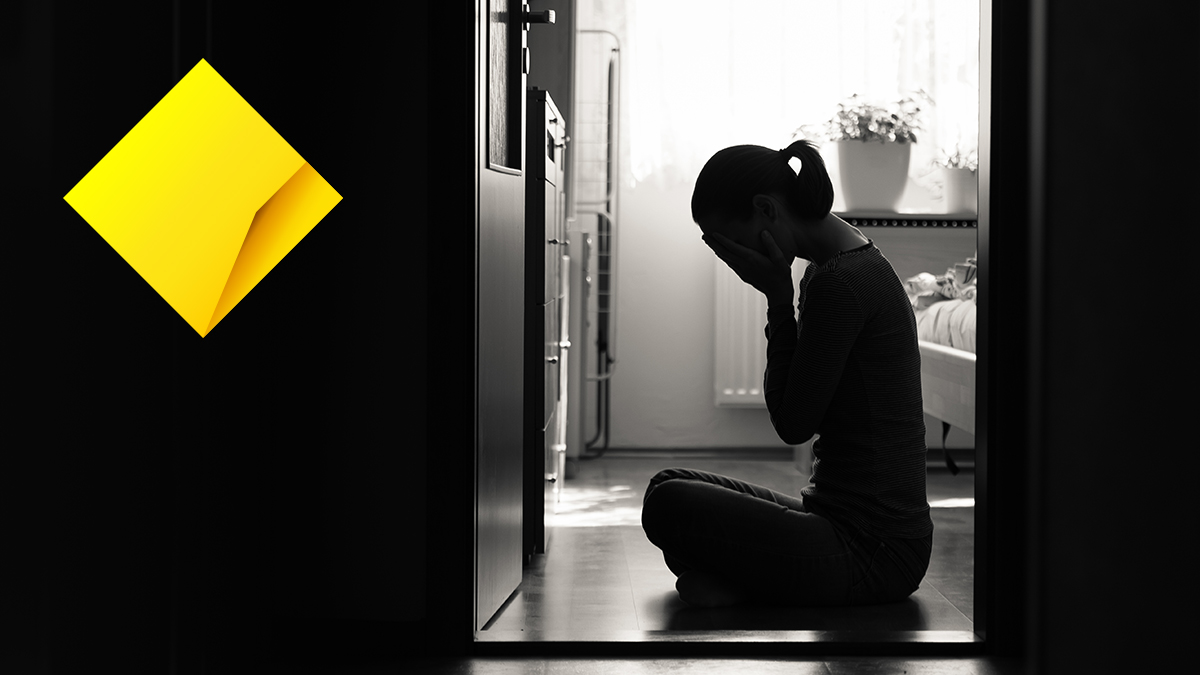Get our independent lab tests, expert reviews and honest advice.
7 questions to ask before switching bank accounts
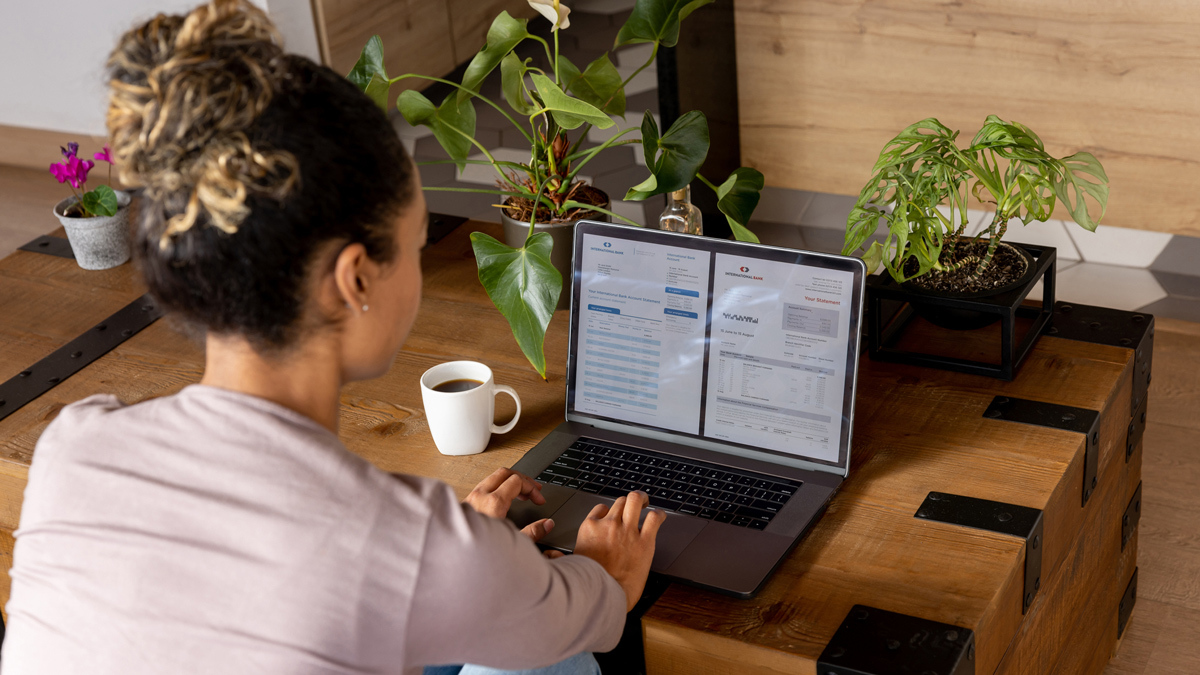
Need to know
- Many of us are hesitant to switch banks, but there are plenty of benefits to doing so
- Switching to a new bank account can help you pay less in fees or earn more interest
- Before you switch, there are things you should consider, including how you’ll access the account, the fees you’ll pay and any conditions you need to meet
On this page:
- 1. How will you access the account?
- 2. What are the fees?
- 3. Will you earn any interest? How much?
- 4. Does the bank offer helpful features?
- 5. Do you meet the conditions?
- 6. Could it help with your mortgage?
- 7. Could your current bank give you a better deal?
When was the last time you moved to a new bank?
The ACCC has concluded we’re “sticky” when it comes to bank accounts, after only 11% of Australians it surveyed in 2023 had moved to a different institution for their main transaction account in the previous three years.
It seems we’re cautious about where we put our money, with the same survey finding around half of consumers who searched for a new transaction or savings option did not go on to switch.
Granted, switching isn’t always easy, as the ACCC itself found following a review of deposit products last year. But changing where you bank can leave you better off; paying fewer fees for daily spending or with a better rate on your savings.
Here are seven questions you should ask yourself about a new account you’re looking at, whether just for spending (transaction) or for earning interest on your cash (savings).
1. How will you access the account?
It’s no secret bricks and mortar banking is not as common as it used to be.
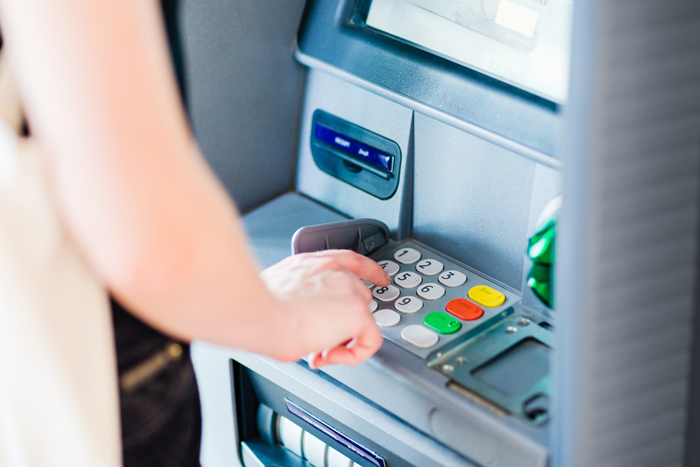
The ACCC says the number of physical bank branches declined 37% between 2017 and 2023 and many new banks have never bothered developing a storefront presence.
However, face-to-face service is an important feature for many consumers, so if you’re one of them, check if the institution you’re considering operates branches and if there’s one near you.
Even if you’re happy to go all-digital, you should still be thinking about how you prefer to monitor your money.
Several banks are now offering accounts that are only available through an app on a smartphone or device and are not accessible through normal online banking.
So, if you prefer banking through a web browser on a desktop rather than via a smartphone app, make sure you’ll be able to use your new account in this way.
2. What are the fees?
Bank fees for standard deposit accounts have become less common in recent years, but some institutions will still charge you every month just for keeping your money with them.
In fact, Aussie households coughed up $606 million in deposit fees to banks in 2022, so it’s safe to say these levies are still a force to be reckoned with.
While many banks will waive account-keeping fees if you deposit a certain amount each month, you can cut these charges out of your life completely by going with a bank that provides condition-free, no fee service.
Check out our list of the best fee-free transaction accounts for some of the best options on the market.
Some institutions will still charge you every month just for keeping your money with them
Also consider how you prefer to spend or manage your money, as some types of transactions often attract fees from banks.
For example, if you make regular ATM withdrawals, make sure any product you’re considering either doesn’t charge ATM withdrawal fees or has fee waiver conditions that you can easily meet.
Similarly, if you plan on using your bank card for overseas transactions, look at what costs these might attract from your bank or consider a product that doesn’t charge for these spends at all.
A final thing to beware of is that some lenders, especially “member-owned” institutions, may charge you a one-off fee to join and open an account.

3. Will you earn any interest? How much?
If you’re opening a savings account, you’ll of course be expecting to earn interest on your deposit every month.
Some of these products don’t pay like the others, though, so see what other savings options are out there before settling on one.
A high-interest savings account could be your best bet – these accounts pay the highest rates of interest (currently as much as 5.55%), but be aware some come with conditions.
It’s even possible to earn interest on some transaction accounts.
See our list of the best high-interest savings accounts to compare what’s on offer.
And how’s this for welcome news – it’s even possible to earn interest on some transaction accounts.
These products will usually offer a lower rate than a savings account or require you to be of a certain age and retired or a pension recipient, but some offer rates of up to 4.75% with fewer conditions.
So check what’s available and what you’re eligible for, as one of these accounts could let you earn interest on your everyday spending money, with easier access and fewer conditions than a savings account.
4. Does the bank offer helpful features?
More and more banks, especially the newer digital natives, offer more agile and innovative features to assist with spending and saving that you might find useful.
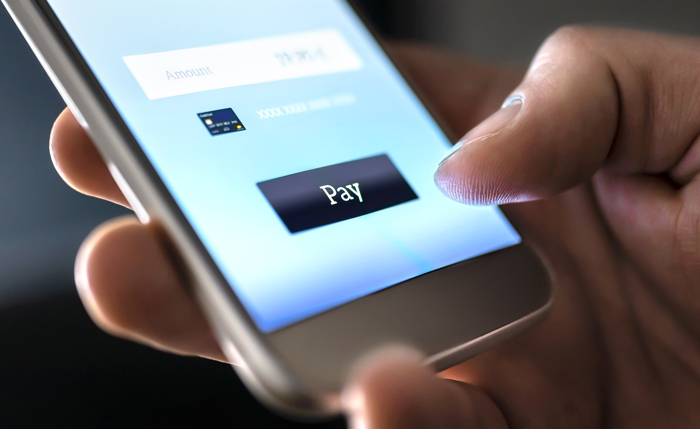
For example, some banks claim to be able to let you open an account within minutes and start spending “instantly”, thanks to integration with Google and Apple Pay.
These services give you access to a virtual bank card you can use on a smartphone, meaning you don’t have to wait for a physical copy to arrive in the mail.
More banks are now also providing products with novel functions for managing your money, which might be helpful if you’re looking for ways to boost your savings
For example, some provide “round up” features, which can add a bit extra to outgoing transactions and transfer this extra money to a savings account linked to your spending product.
Meanwhile, other financial institutions offer more user-friendly interfaces, especially on their apps, some of which categorise your spending and even link accounts from other banks to help you keep track of where your money is going.
5. Do you meet the conditions?
We see a lot of accounts that look like a good deal to begin with (think no fees and a competitive interest rate), but the catch is that they aren’t available to everyone.
For example, some of the best savings accounts we’ve come across in the past are only available to younger people or retirees.
What’s more, others are only open to those who’ve worked in particular fields or industries, such as education, health or the emergency services.
CHOICE tip: A bank named after a particular industry or employment sector, such as Firefighters or Teachers Mutual or the Health Professionals Bank, is more likely to have these exclusions, so check the fine print.
6. Could it help with your mortgage?
Got a mortgage and looking for a way to reduce how much it’s eating into your budget? Well, you’re not alone.
Luckily, a special type of everyday bank account can help you achieve this.
Offset accounts are savings or transaction accounts linked to your mortgage that can reduce how much you owe on the loan.
When you open one of these accounts and put money into it, the amount you owe on your mortgage will decrease by the amount you’ve deposited, reducing how much interest you’ll have to pay.
If you want an offset account, you’ll need to have it with the same bank as your mortgage
For example, as ASIC’s Moneysmart explains, having a $500,000 mortgage and $20,000 in an offset account means you’ll only be charged interest on $480,000.
Offset accounts are offered by major banks, but they can come with fees and Moneysmart advises that if your offset balance is always low (under $10,000, for example), the account may not be worth paying for.
If you want an offset account, you’ll need to have it with the same bank as your mortgage, so contact the institution you have your loan with to enquire about an offset or chat to your broker (if you have one).
7. Could your current bank give you a better deal?
Found a transaction or savings account that’s better than the one you’ve got right now?

Whether you’re tempted by a higher interest rate, lower fees or more convenient access, it can’t hurt to check in with your current bank before you leave.
Tell them you’ve seen a better deal and ask if they can match it or offer you something better in return for you sticking with them.
In our experience, this doesn’t always work, but you have nothing to lose by asking – you’ll either be pleasantly surprised or be given the peace of mind that moving your money is the right choice.
If your current bank does offer you a better deal, check if it comes with any time limits or extra conditions for you to meet.

